
Île Milliau
Trébeurden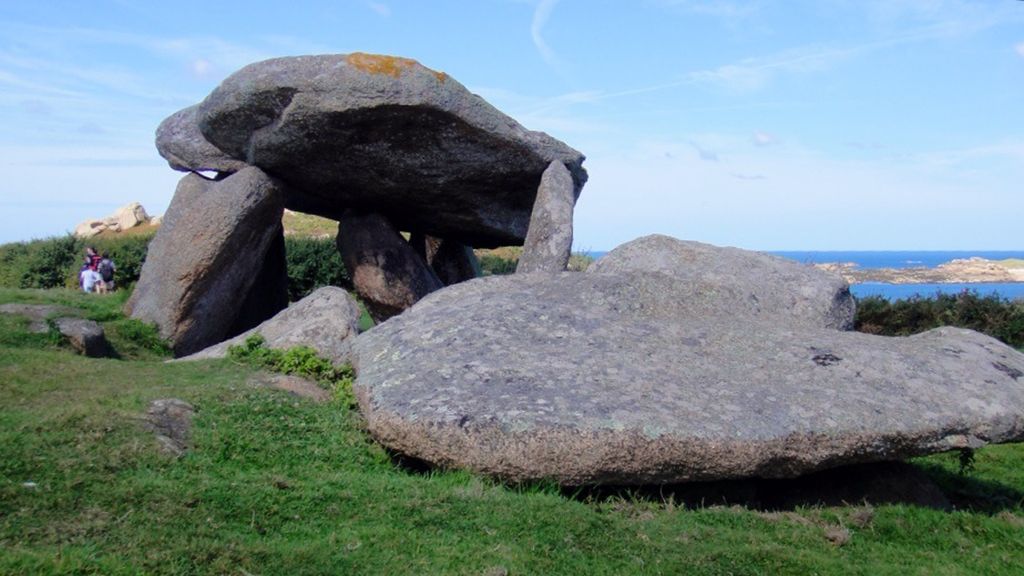
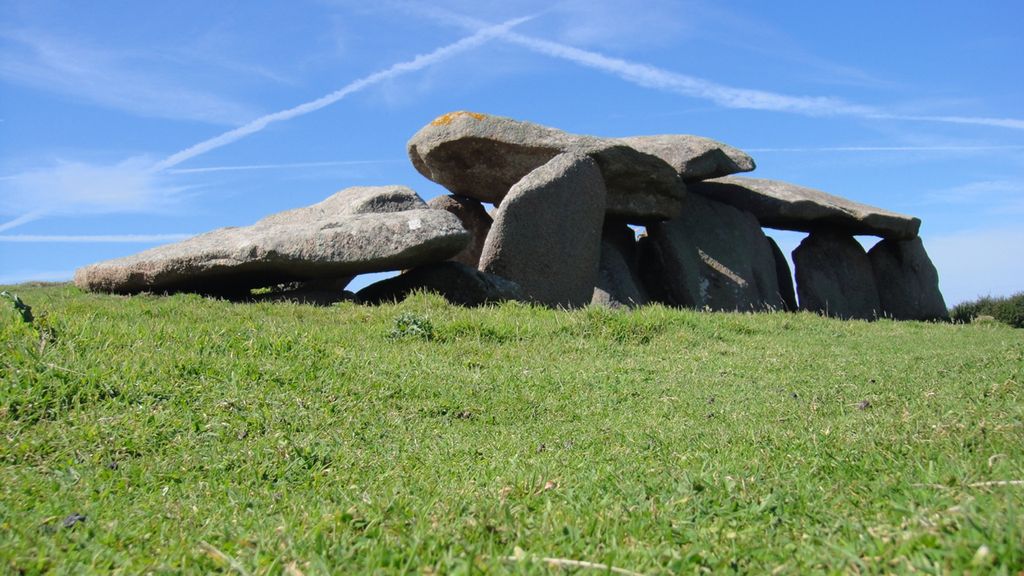
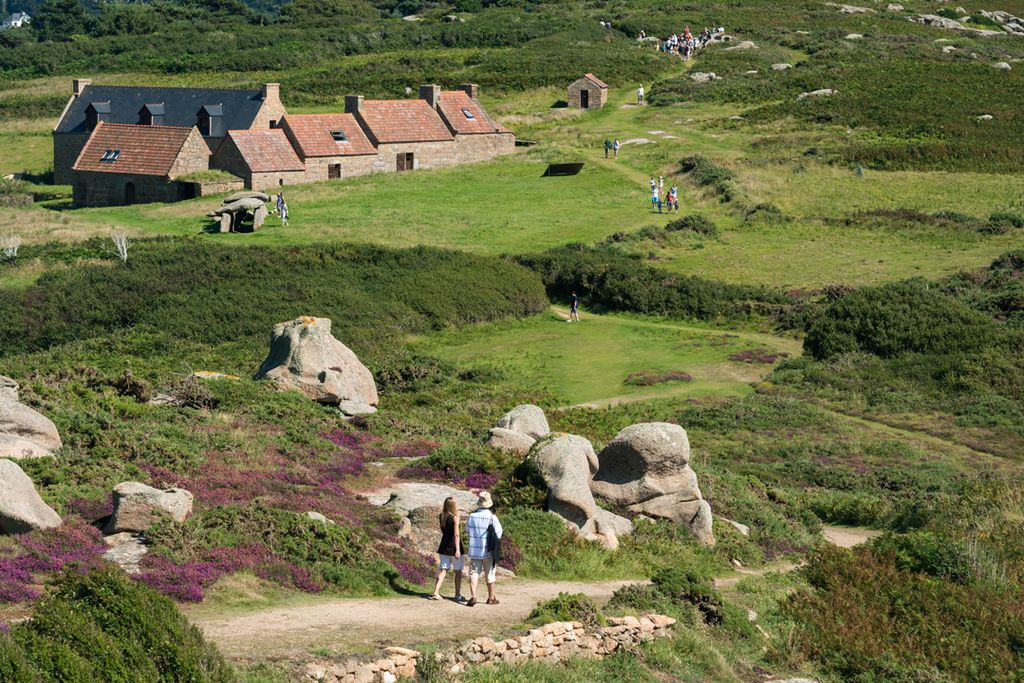
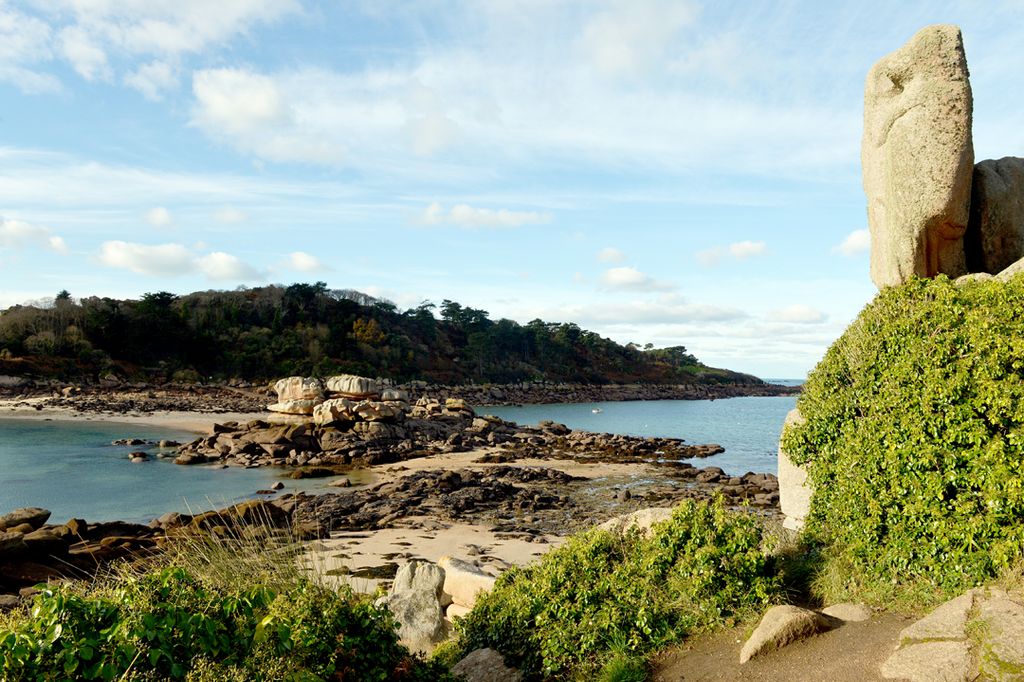
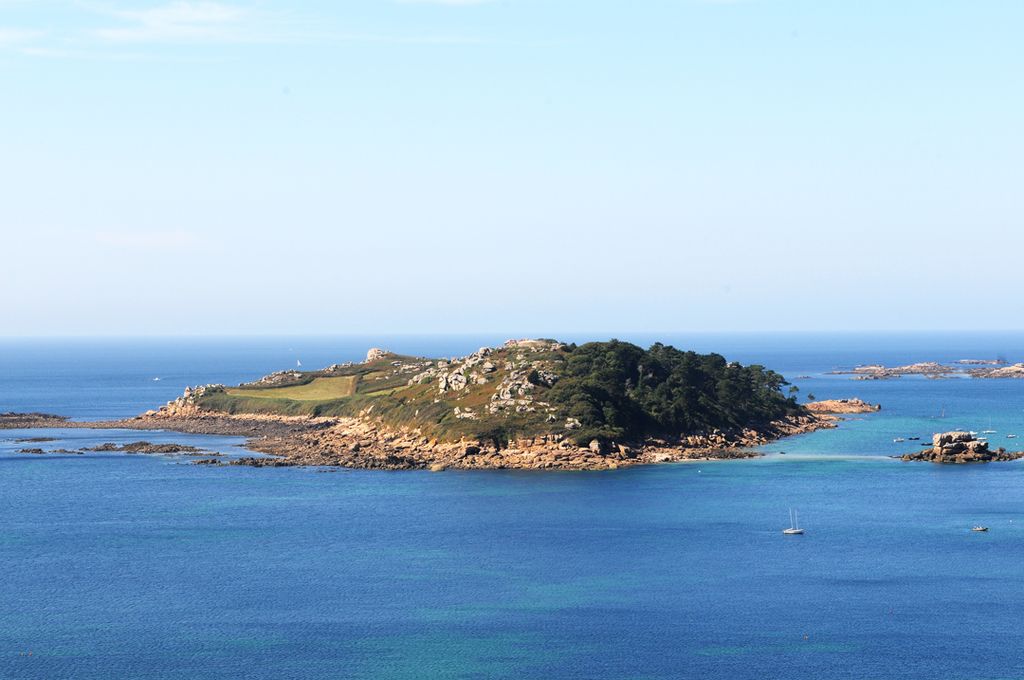
About
With its remarkable pink granite rock formations and darker sedimentary rocks, Île Milliau offers a landscape which takes your breath away. As well as enjoying the site's natural beauty, you can look for traces of human settlement. The first signs date from the Neolithic period: our ancestors erected a gallery grave which would have served as a burial monument. Then, legend has it that in the sixth century a monk named Milliau came from a northern country to evangelise the area and settled here. You will also find a farmstead here, built at the end of the Middle Ages and now renovated. On the way, you will go round the Presqu’île du Castel peninsula, passing "Père Trébeurden" (Father Trébeurden), a rock in the shape of a face. Wear good shoes and take care, as the area is steep and slippy, and on some days the tides make access to Île Milliau impossible.
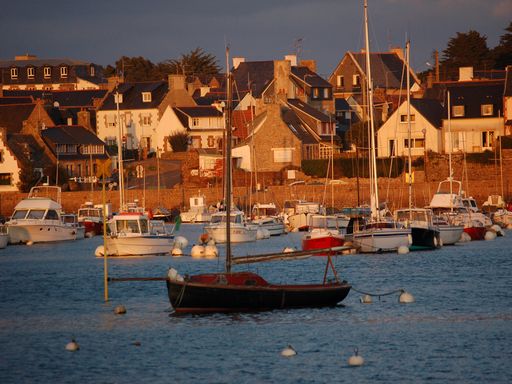

Ploumanac'h Harbour
Perros-Guirec
Naturally formed by the confluence of two streams 4,500 years ago, Ploumanac'h harbour is an exceptional location. Used from ancient times as a trading port, it was then home to a village of...  See
See


Goas Lagorn Valley
Trébeurden
A nature conservation area, Goas Lagorn Valley is surrounded by the cliffs of Pors Mabo and Beg Légeur. Here you will find a landscape of extensive pastures and a flaura and fauna of recognised...  See
See
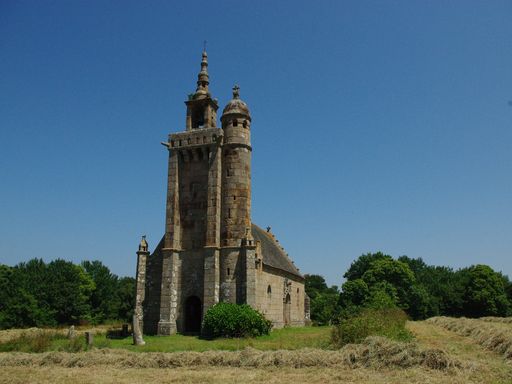

St Samson
Pleumeur-Bodou
Be sure to visit the rural hamlet of Saint-Samson, a quiet spot in the country with a chapel, a menhir and a fountain. The chapel, constructed between 1575 and 1631, is a superb example of the...  See
See
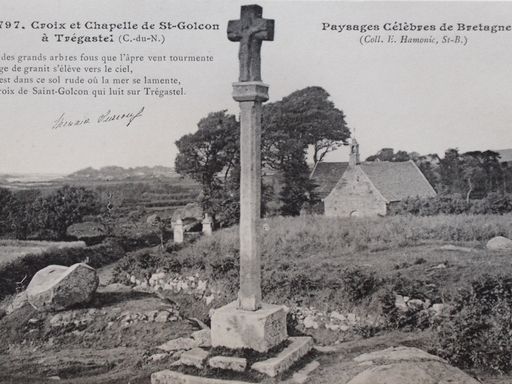

Golgon
Trégastel
In the sixteenth century, the lords of Lannion ordered the chapel to be built near to a sacred fountain. The building was enlarged at the start of the eighteenth century by the De Launay-Nevet...  See
See



